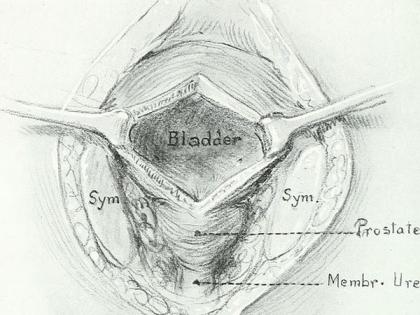Individualised physical therapy after prostate surgery can reduce incontinence, pain
By ANI | Published: December 31, 2019 11:58 AM2019-12-31T11:58:56+5:302019-12-31T12:30:02+5:30
A new study has revealed that individualised physical therapy can help in reduction of incontinence and pain in men who have undergone prostate surgery.

Individualised physical therapy after prostate surgery can reduce incontinence, pain
A new study has revealed that individualised physical therapy can help in reduction of incontinence and pain in men who have undergone prostate surgery.
The study was conducted by UT Southwestern's Departments of Urology and Physical Medicine and Rehabilitation.
Researchers conducted the study by examining records from the post-prostatectomy patients having stress urinary incontinence which means loss of control over the bladder during activities like bending over, sneezing, etc, who have been through physical therapy between 2009 and 2014.
Researchers reviewed records of 136 patients of which 25 had only weak pelvic floor muscles and 13 had tight or overactive muscles and a total of 98 had both.
According to the researchers, tense muscles can be a protective mechsm after an injury from surgery. Part or all of the prostate surrounding the urethra is removed in a prostatectomy, usually because of cancer.
"But the study's findings are counter to the prevailing idea, which is that these men must have very weak muscles," said Kelly M Scott, associate professor in the Department of Physical Medicine and Rehabilitation at UT Southwestern.
"This is perhaps the first study to look at the type of muscle dysfunction present in men after they've had this surgery. Are the muscles actually weak and need to be strengthened, or are they actually tight and just need to be relaxed and lengthened?" added Scott.
According to the researchers, these findings should encourage others to launch studies to test individualised physical therapy.
"If patients can get stronger by relaxing their muscles, then there's more work to be done to figure out the best way to treat these patients," Scott said.
( With inputs from ANI )
Open in app